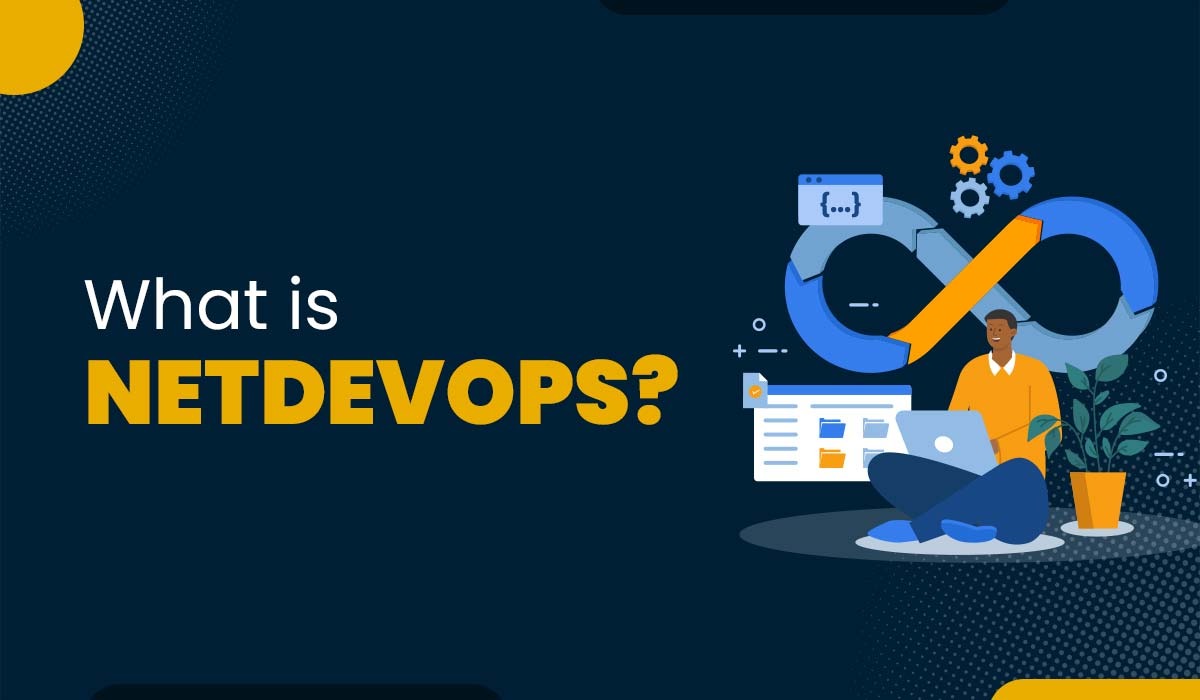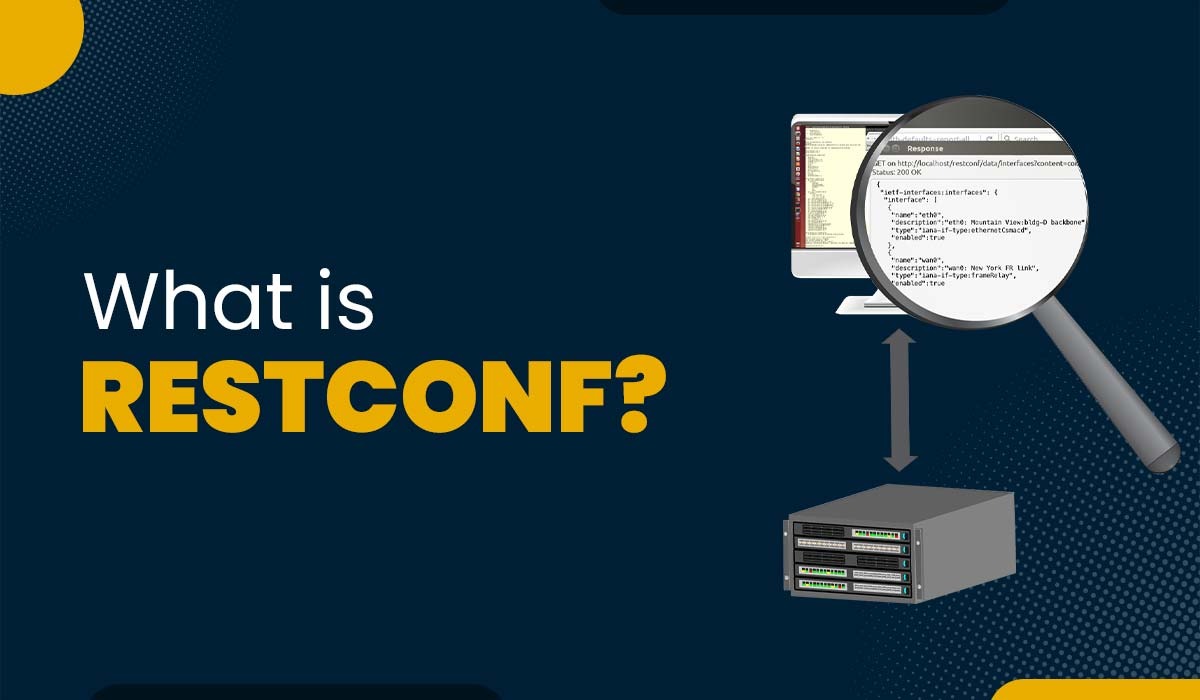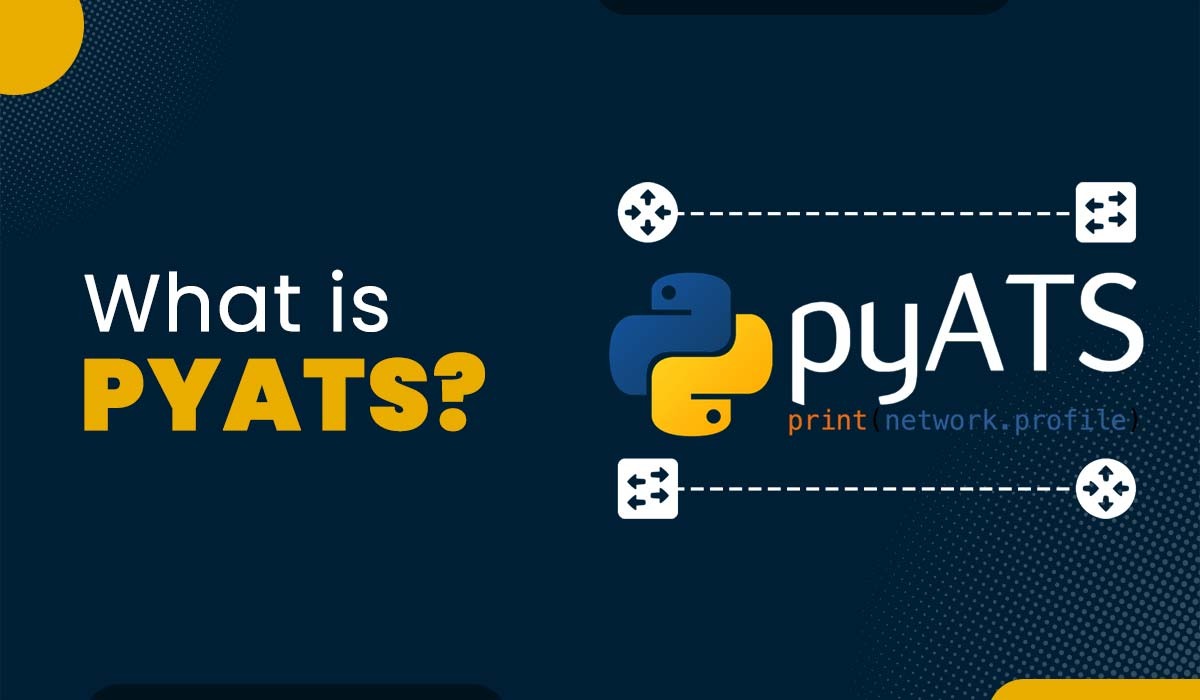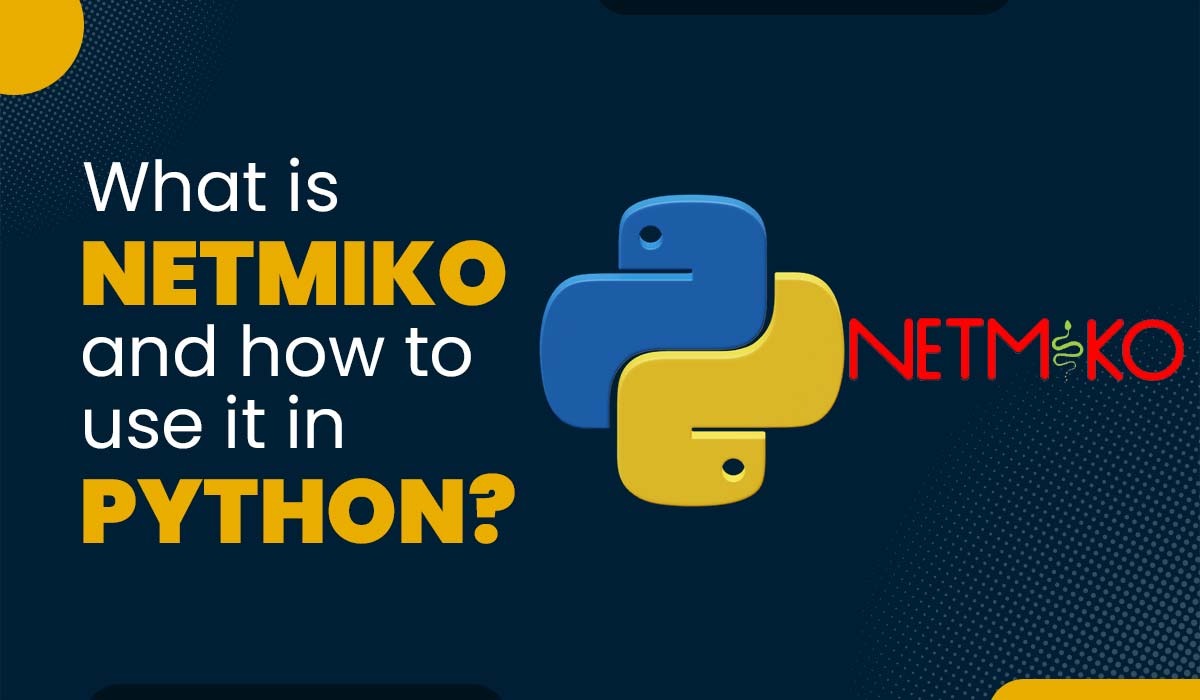What is NetDevOps?

Managing network systems using traditional CLI-based tools makes network engineers face a lot of difficulties. Some of these are poor communication, slow deployments, and a lack of visibility across the technology. This has led to network problems, security risks, and low-level performance. That is why, NetDevOps was introduced to provide relief to network engineers by adopting DevOps in network infrastructure for continuous development. Additionally, Cisco is a major promoter of DevOps for Network Automation, and has rigorously brought concepts and labs into the DevNet Expert training that allows students to learn advanced skills and move into senior-level positions with better pay and more respect in the world of Network Automation. Therefore, this is the best time to gain skills in Cisco NetDevOps and build a bright career in Network Automation. In this blog we will understand the concepts of it in depth but before that let us understand the true meaning of NetDevOps. NetDevOps is an approach that involves bringing together NetOps and DevOps practices and tooling to develop collaboration, efficiency, and automation. In other words, it is a method of building network automation into the application development process so that the application can meet requirements and be programmed to create networking resources as needed. It allows to dynamically observe, change, and understand how apps interact with the network environment. Cisco NetDevOps, with its focus on automation, is a perfect fit for CCIE professionals. It includes both new tools and new strategies that enable automation in the development and management of network infrastructure. That’s why, it is becoming big now, and every organization looks for professionals who can plan, design, develop, and manage complex automation-driven network environments. Furthermore, it enables organizations to streamline IT processes and prioritize faster and more accurate software releases while reducing costs and improving security. Below are some of the core elements that allow network management to be built across a wide range of different platforms and networking areas. These elements allow organizations to advance their network infrastructure, accelerate innovation, and provide better experiences for users and clients. Let us now understand when we use this technology. NetDevOps can be used in several ways to enhance network management and automation such as: Here are some of the key DevOps tools one needs to know about for networking. Here are some of the advantages that NetDevOps provides network engineers and organizations: Along with the benefits, the organization may also have to face some challenges. Here are some challenges – Now, if you are interested in building a career in Cisco NetDevOps then let’s get on the learning path. The Cisco NetDevOps helps network engineers become familiar with multiple tools and technologies to enhance skills in areas such as programming, scripting, version control, and cloud technologies. In addition, organizations also invest in training programs and certification for their engineers who efficiently plan, design, and deploy networks. Below are various tools and techniques that every NetDevOps engineers should know about – With these tools and technologies, one can automate network tasks and increase network management and efficiency with NetDevOps practices. NetDevOps automates modifications to the network to shorten the network delivery lifecycle, treats the network as code to allow version control, and reliably tests changes to ensure quality and consistency. It aims to integrate automation, virtualization, and APIs into network infrastructure and create seamless collaboration between development and operations teams. Network automation provides tools to continuously maximize network efficiency and functionality through tools to automate network and security provisioning and management. Yes, because with the rise of digitalization, every organization is taking advantage of network automation to ensure a secure, reliable, and agile network infrastructure. In this blog, we discussed NetDevOps, why it is used in modern networking, its elements, and much more. Therefore, we now understand that applications and services can be delivered at higher velocity by leveraging NetDevOps practices. It means faster turnaround and shorter network delivery lifecycles. Moreover, if you want to pursue a career in this technology or the network automation industry, DevNet Expert Training will help you achieve the same.Introduction
What is NetDevOps?
Elements of NetDevOps
When do we use NetDevOps?
Network DevOps Tools
Advantages of NetDevOps
Challenges with NetDevOps
Learning path for Cisco NetDevOps
Frequently Asked Questions
Q1 – What is the role of NetDevOps?
Q2 – What is the aim of NetDevOps?
Q3 – How does network automation work?
Q4 – Is network automation the future?
Conclusion







